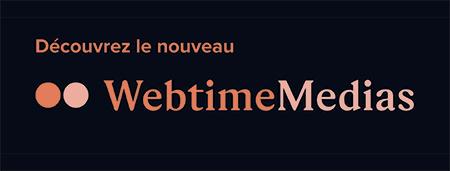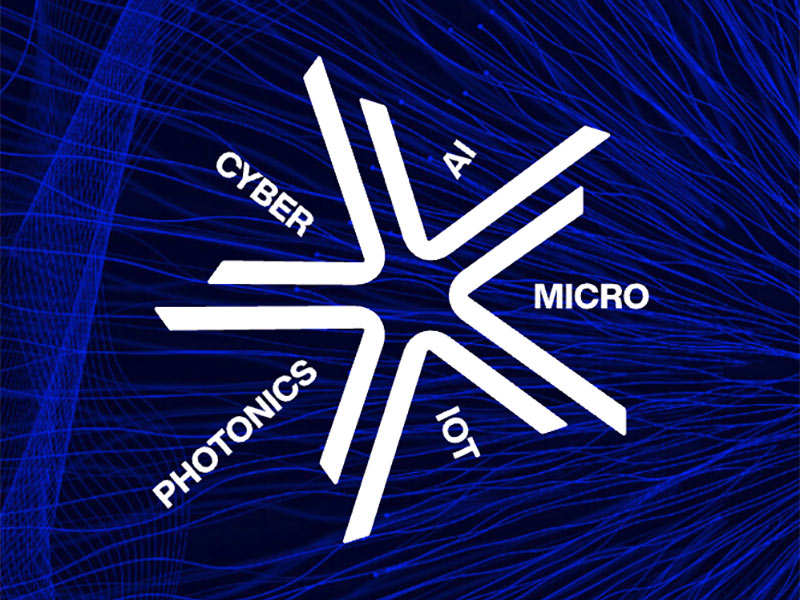Tendencies : the new revolution of 'Peer to peer'
For the B to B, it will as important as e-business, some analysts think. With software as Nextpage or Groove's one, the P2P opens the door of the collaborative work.
What is the new revolution that is revolutionizing the Net today ? Answer : the 'peer to peer' technology. After the big system era and the micro-computers one, that's the beginning of the third step of data processing. Boursoramais publishing a Reuters' analysis on this new phenomenon under the title of /www.boursorama.com/international/detail_societes_intern.phtml?news=362960"> 'Le 'peer-to-peer', nouvelle révolution sur l'internet'. The article specifies what comes with the P2P : 'this new conception of network data processing allows navigators to send and receive digital data, in the form of software as well as documents without having to go through a server or any central point.'The Napster paradoxThere is a paradox about that subject : the P2P has been popularised by Napster and the whole controversy that was around the exchange of musical files. Still, Napster ' is using a central server that is making a list of files available on members' computers.'Besides, that's the main reason for all the troubles that Napster is facing today and that should not be met by other music sites whose technology is closer to the P2P, such as Gnutella, Napigator, Newtella, LimeWire, ToadNode, or even Aimster, the company launched by Johnny Deep.The 'peer to peer' technology also opens the door to projects of creation of powerful common processing as the one of SETI@Home, in which worldwide navigators give a little part of their 'processing time' to make calculations that could only be done by a super-calculator. But the future of the P2P seems to take place in companies above all.The revolution of the collaborative workFor the B to B, business to business, ' it's as important as the e-business three years ago', Robert Batchelder, a Gartner Group analyst, thinks. With the P2P technologies, Internet substitutes the server that receives information from terminals and allows instantaneous and infinite circulation of every kind of information between computers which become data sources without having to depend on a server.'In the professional world, two projects have to be noticed : Nextpage and Groove Networks. The Groove's project has been secretly conducted during three years to be made public late last year. It's true that it has been launched by a celebrity of the computer world : Ray Ozzie, the American who, ten years ago, built the first collaborative work software, Notes, published by the Lotus group which has been taken over by IBM Corp. A software used worldwide by 70 million people. Still, there is a big difference : originally, Groove.net is free. It will make rich more bandwidth sellers than software publishers.The Groove Networks company sells tools that allow every occupations to work together and at the same time on a project. Each one of them sees the same information, can bring some modifications as well as visualize the ones done by others, and sending messages in the same time,the author of the article concludes. The real P2P revolution will doubtless be the collaborative work one.Two colloquiums in SophiaFor those who are interested in the P2P file, two colloquiums will be organized in Sophia Antipolis on the theme :'Peering to the hype' at the Theseus Institute, on March 30th 2001, with great participants; 'Collaborative services on Internet : the new deal', on May 18th with the Data Base Forum. As well to read in Sophianet.com, the article 'Collaborative work : the campus' tricks', with the Esinsa and Ceram example which already use this kind of software in order to organize working groups and to put some lessons in common. The urban research park is not late on this new revolution.














